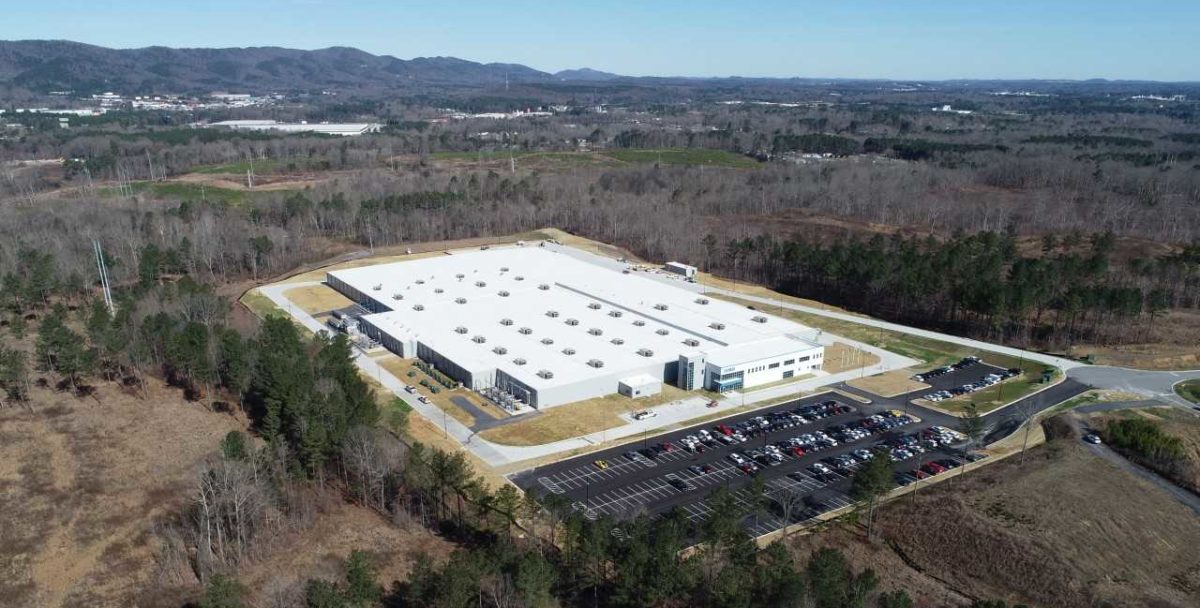In a review process initiated by Hanwha Solutions, the parent of Hanwha Q Cells, the US Patent Trial and Appeal Board declared on 9 December that all contested claims of REC Solar’s US patent No. 10,749,060 (Patent 060) are not patentable. It determined that the challenged REC Solar patent claims are directed to a well-known arrangement of solar components within a solar module, and fail to satisfy the requirements of patentability.
REC challenged Hanwha Solutions in a patent infringement lawsuit filed in the U.S. District Court for the District of Delaware in 2020. The court’s judges suspended the dispute for the duration of the inter partes review procedure. In early January, the deadline was extended again.
Q Cells said in a statement that the U.S .decision follows similar rulings in relation to REC Solar’s global patents. Last year, the Beijing Intellectual Property Court and European Patent Office issued favorable rulings for Hanwha Solutions over a Chinese patent, 201480038577.X, and a European patent, EP3017520. The two patents are related to REC Solar’s 060 patent. However, REC Solar declined to comment when contacted by pv magazine.
In March 2019, Hanwha Q Cells filed patent infringement complaints in Germany against Jinko Solar and REC Group, and followed this with a similar lawsuit against Longi Solar. The complaints claimed that the companies had unlawfully included Q Cells’ patented passivation technology in their own products. In June 2020, the Düsseldorf regional court determined that the three defendants had infringed upon the German part of the patent. The appeal process is still ongoing.
Hanwha Q Cells has also filed patent-related complaints in France, the Netherlands, and the United States. The U.S. Court of Appeals has determined that the complaint over the disputed patent was invalid. The European Patent Office, meanwhile, confirmed the validity of the passivation tech patent in June 2020, with only minor changes.
This content is protected by copyright and may not be reused. If you want to cooperate with us and would like to reuse some of our content, please contact: editors@pv-magazine.com.









By submitting this form you agree to pv magazine using your data for the purposes of publishing your comment.
Your personal data will only be disclosed or otherwise transmitted to third parties for the purposes of spam filtering or if this is necessary for technical maintenance of the website. Any other transfer to third parties will not take place unless this is justified on the basis of applicable data protection regulations or if pv magazine is legally obliged to do so.
You may revoke this consent at any time with effect for the future, in which case your personal data will be deleted immediately. Otherwise, your data will be deleted if pv magazine has processed your request or the purpose of data storage is fulfilled.
Further information on data privacy can be found in our Data Protection Policy.